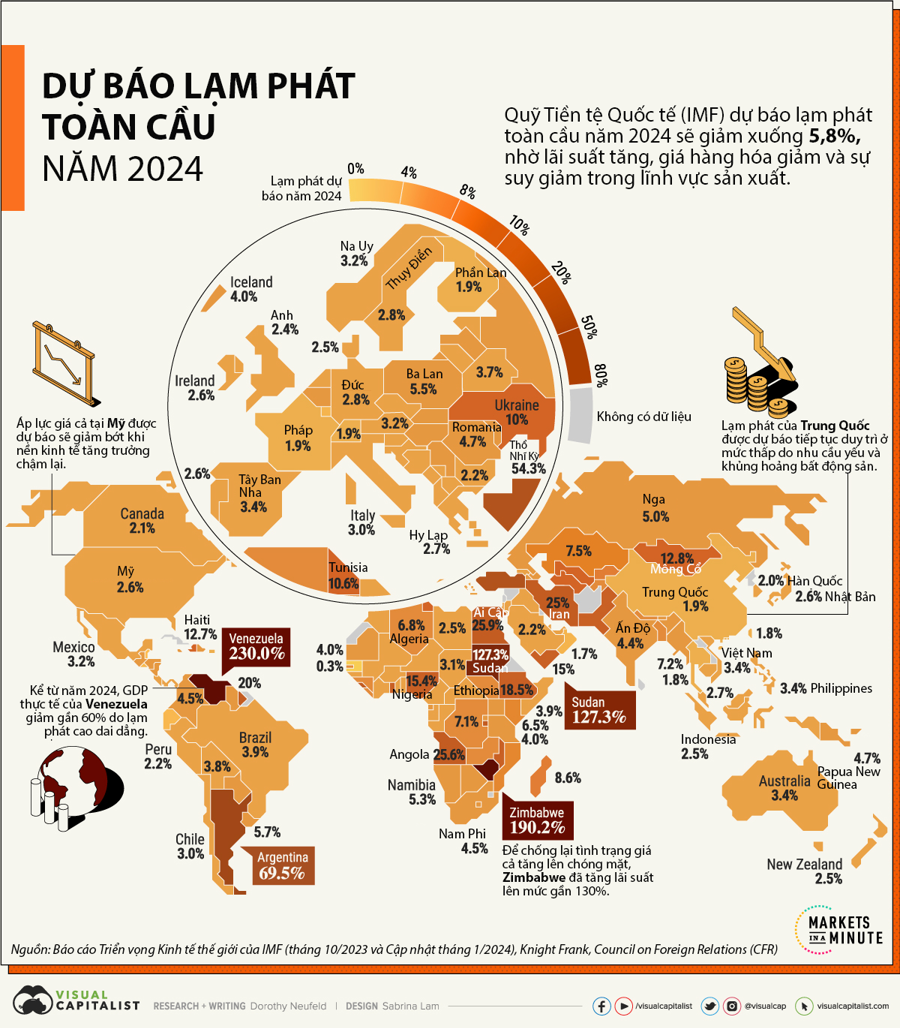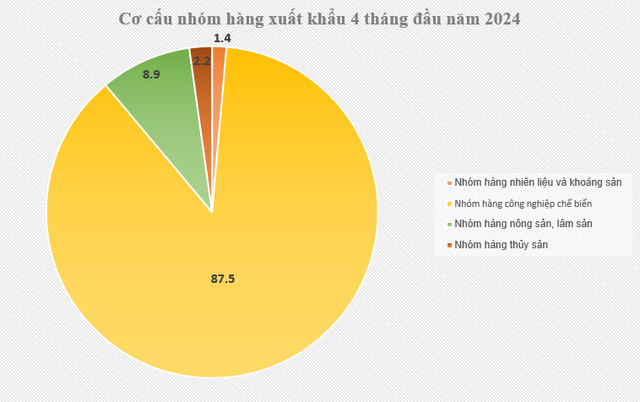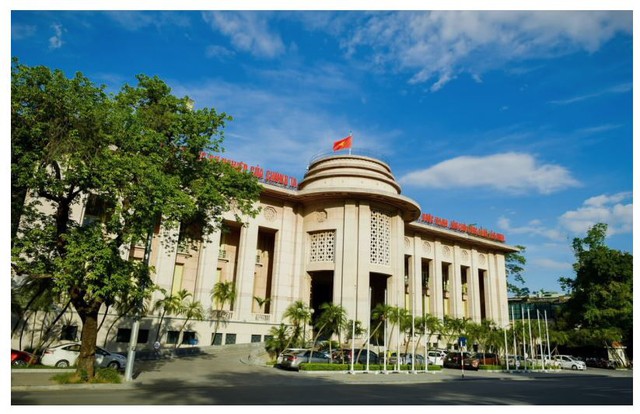Global inflation is trending lower. However, analysts warn of a potential surge in inflation due to political conflicts and supply chain disruptions. Additionally, stronger-than-expected labor markets could boost consumer demand, leading to higher prices.
The following infographic provides inflation forecasts for countries/territories around the world in 2024, based on the latest projections from the International Monetary Fund (IMF).

In 2024, global average inflation is forecasted to decrease to 5.8%, down from 6.8% in 2023. The IMF anticipates that global price pressures will ease as countries maintain tight monetary policies, energy prices decrease, and labor markets strengthen.
Venezuela, the country with the largest oil reserves in the world, is projected to experience inflation of up to 230% in 2024 – the highest in the world. Over the past decade, the country has faced hyperinflation, reaching as high as 9,586% in 2019. Since the US lifted some sanctions on Venezuela last year, inflation in the country has significantly decreased due to reduced government spending and accelerated dollarization, leading to an appreciation of the bolivar.
In the US, slowing economic growth is expected to contribute to a decrease in inflation to 2.6% in 2024. This figure aligns closely with the Federal Reserve’s inflation target of 2% as it has been gradually raising interest rates over the past year. Although the Fed has signaled that the worst is over, the world’s largest economy still faces potential risks that could push inflation higher. As of November 2023, US households’ accumulated excess savings amounted to $290 billion, and this money could continue to drive consumer demand, thereby pushing inflation up.
In Europe, inflation in developed economies is forecasted to average 3.3% this year. Lower gas prices and slower GDP growth may help contain inflation in the region.
In Asia, China is experiencing a decrease in inflation due to the real estate crisis. In the context of sluggish economic activity, declining manufacturing sector, and reduced consumer confidence, inflation in the world’s second-largest economy is projected to be 1.7% in 2024.
Vietnam is expected to record inflation of 3.4% in 2024. This figure is lower than the target inflation rate approved by the National Assembly for this year, which is between 4% and 4.5%. In 2023, Vietnam’s average inflation increased by 3.25%.





































